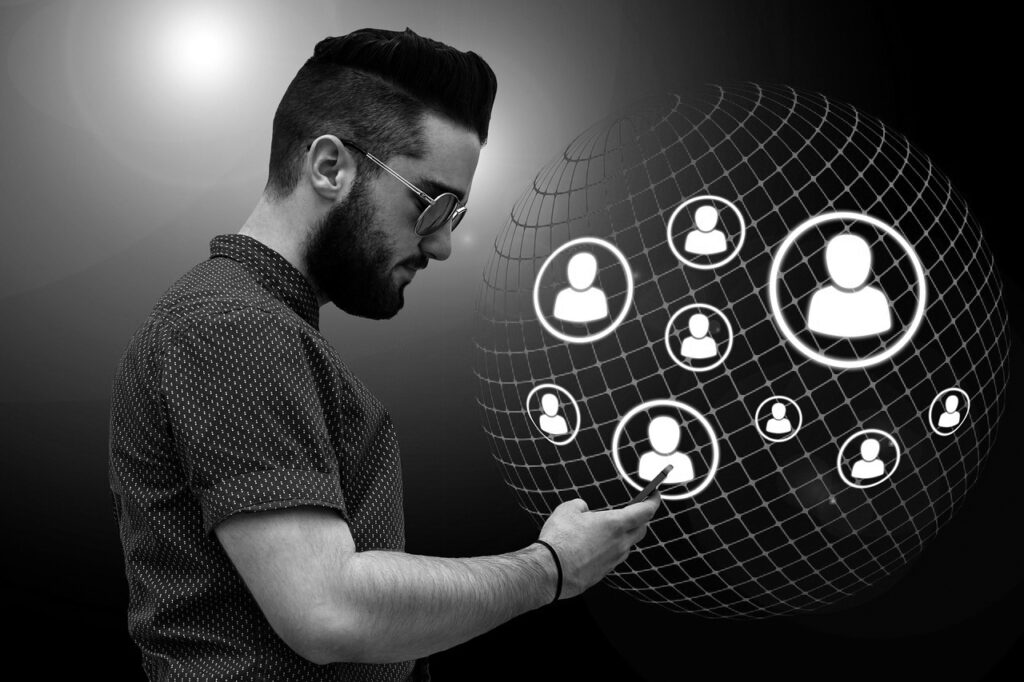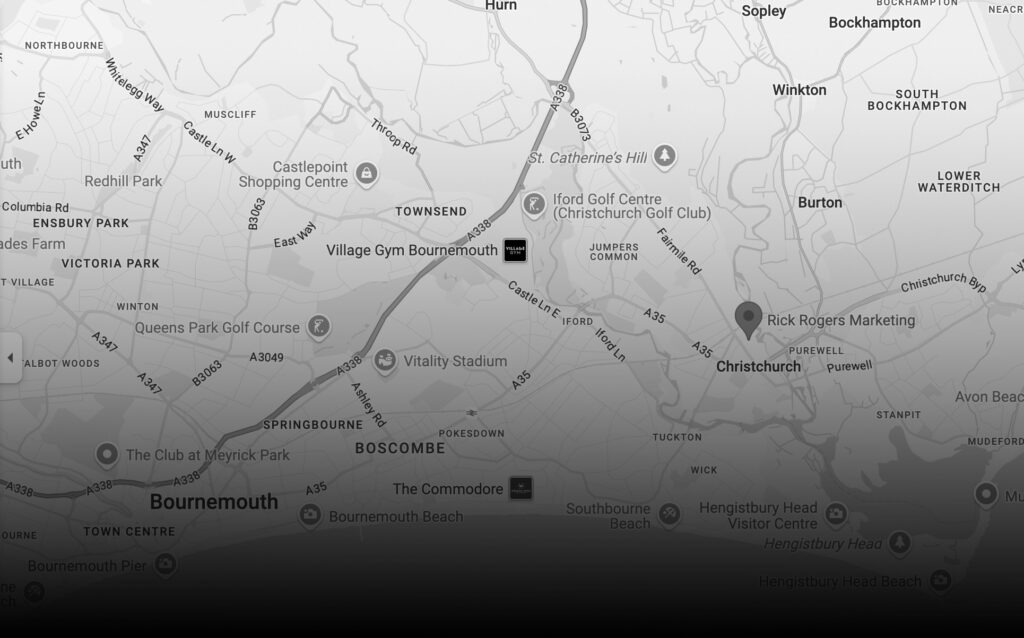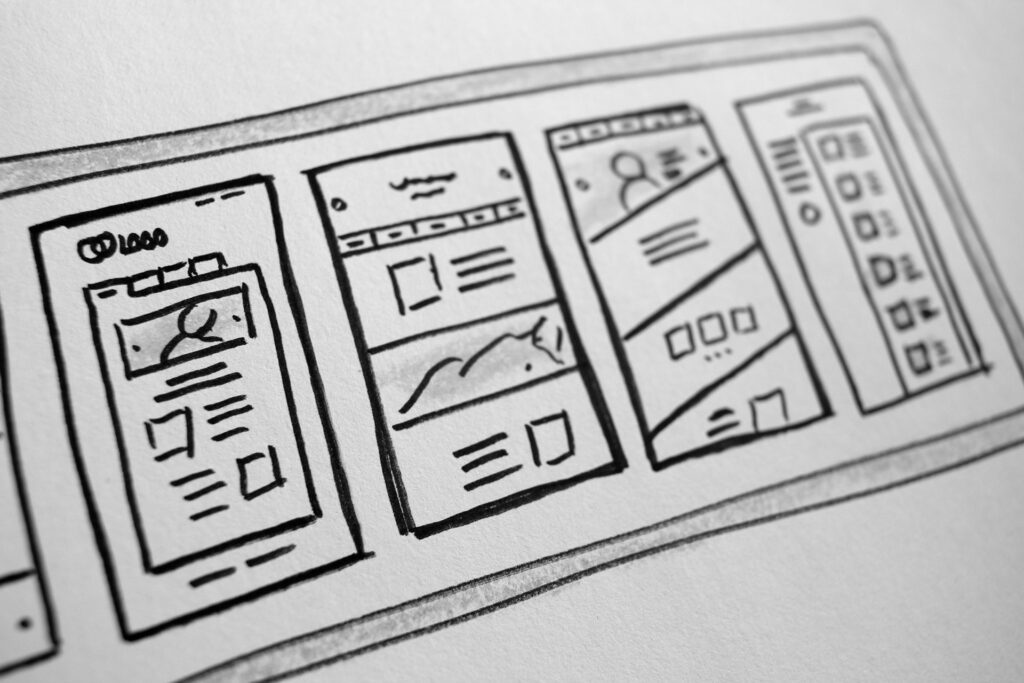AI tools like ChatGPT are revolutionising content creation. They’re fast, efficient, and scarily good at mimicking human tone. Marketers everywhere are turning to AI to crank out blogs, emails, ads, and social posts in record time. But here’s the catch: just because you can use AI for your marketing, doesn’t mean you should—at least, not without caution.
Let’s break down the hidden risks and long-term consequences of relying too heavily on tools like ChatGPT for your marketing efforts.
Generic content that lacks soul
AI generates content by analysing patterns in data it’s been trained on. That means your AI-generated blog post might sound polished, but it’s often missing the real spark—your brand’s voice, unique perspective, and emotional depth.
The danger? Your content starts to blend in. It becomes hard to distinguish from thousands of other AI-generated posts out there. Without originality, your brand identity can fade into the digital noise.
Inaccurate or Outdated Information
ChatGPT’s responses are based on patterns and data it’s been trained on, and even newer versions can “hallucinate”—confidently producing incorrect information. If you’re not fact-checking everything, you could be unknowingly spreading inaccuracies.
The danger? Misinformation can damage your brand’s credibility, and in regulated industries, it can even lead to legal trouble.
SEO pitfalls and content penalties
Google and other search engines are getting better at detecting AI-generated content. While AI-assisted writing isn’t inherently penalised, content that’s spammy, shallow, or created solely to game search rankings definitely is.
The danger? Overuse of AI can tank your search visibility if your content doesn’t deliver genuine value to users.
Creativity gets stifled
AI thrives on patterns. Human creativity thrives on breaking them. When marketers lean too hard on AI, they risk dulling their own creative instincts and relying on formulas that quickly go stale.
The danger? Your campaigns become predictable and uninspired, and your audience tunes out.
Ethical and brand voice concerns
AI doesn’t “understand” context the way humans do. It might unintentionally use problematic phrasing, miss cultural nuances, or generate content that doesn’t align with your brand’s values.
The danger? A single misstep could spark a PR nightmare or erode trust with your audience.
Dependency and skill atrophy
The more you rely on AI to write your content, the less practice your team gets in honing their own voice, copywriting skills, and strategic thinking.
The danger? Over time, your team may lose the very skills that made your brand compelling in the first place.
So what’s the solution?
AI can be a great assistant, but it shouldn’t be your strategist or creative director. Here’s how to strike a balance:
- Use AI for drafts or brainstorming, not final versions.
- Always fact-check and review content before publishing.
- Inject your unique voice and human touch into everything.
- Keep training your team’s creative muscles.
AI is a powerful tool – but like any tool, it’s only as good as the person using it.
The future of marketing isn’t AI versus humans. It’s AI and humans – working together. But if you let AI drive without a human behind the wheel, don’t be surprised when your marketing crashes.
Want to find out more about how you cn use AI as a marketing tool for your business? Let’s chat.












